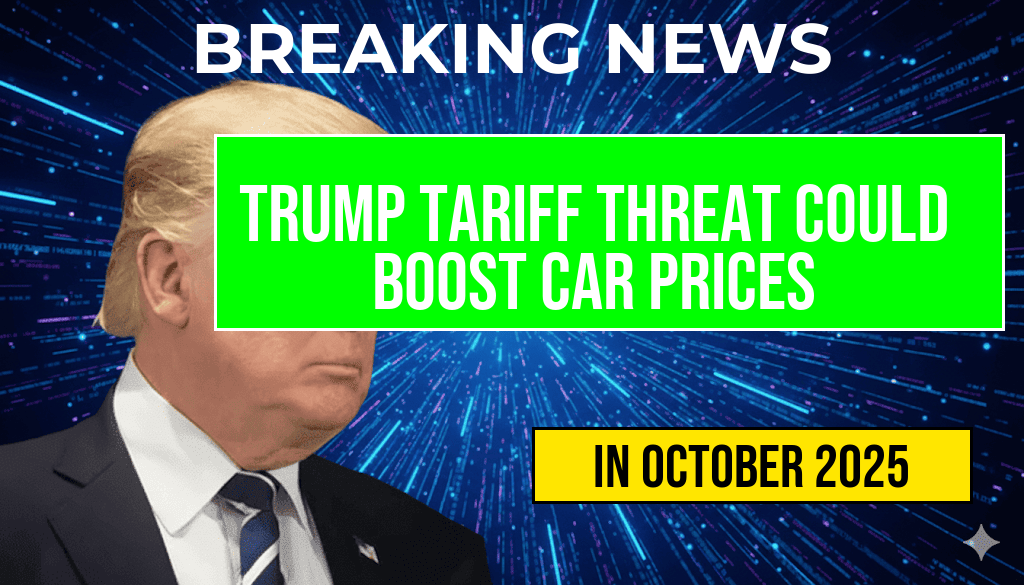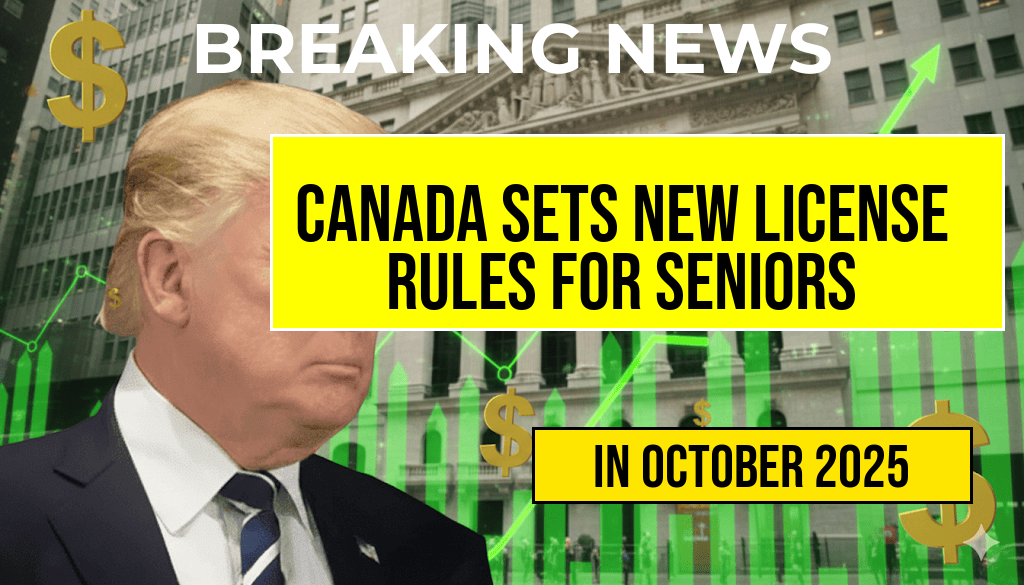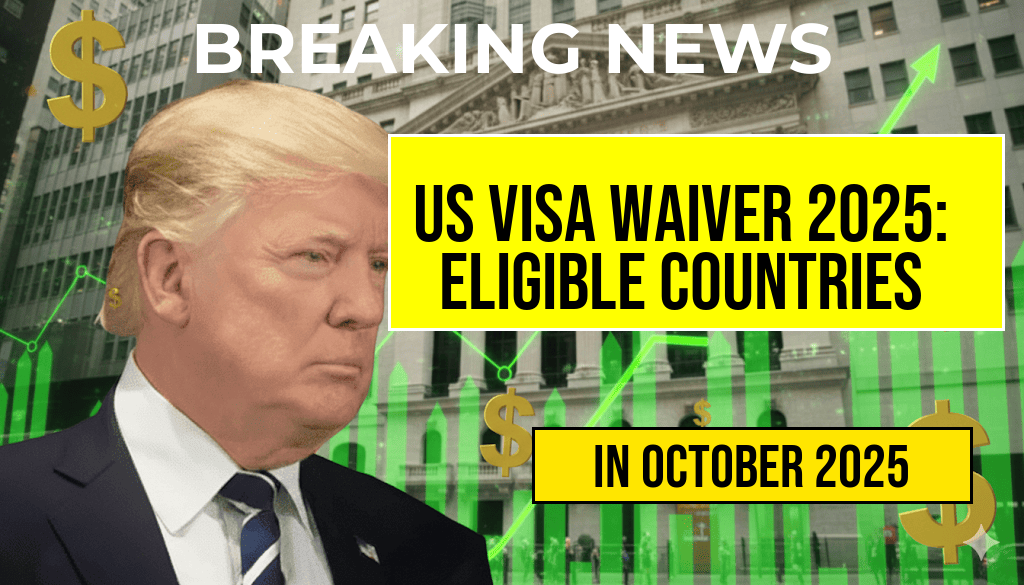Automotive consumers and industry analysts are closely monitoring a potential escalation in trade tensions following recent remarks by former President Donald Trump, who signaled a renewed threat of imposing tariffs on imported vehicles. If enacted, these tariffs could significantly elevate the cost of new cars in the United States, with estimates suggesting an increase of up to $5,286 per vehicle. Such a move could reverberate across the market, impacting prices, supply chains, and consumer choices.
Trump’s Tariff Threat Resurfaces Amid Trade Dispute Concerns
During a recent rally, Donald Trump reiterated his stance on protecting American manufacturing by threatening to reintroduce tariffs on imported automobiles, particularly targeting European and Asian automakers. While no official policy change has occurred, the rhetoric has reignited fears of a trade war that could disrupt the global automotive supply chain. Experts warn that such tariffs, if implemented, could push the average price of a new car higher by thousands of dollars, affecting both consumers and automakers.
Potential Impact on Vehicle Prices and Consumer Affordability
Analysts from automotive consulting firms have analyzed the possible financial implications of Trump’s tariff threats. According to a recent report, a 25% tariff on imported vehicles and parts could lead to an increase of approximately $2,000 to $5,286 on the purchase price of a typical new car. The variation depends on the vehicle’s base price and the specific components affected by the tariffs.
| Vehicle Segment | Average Cost of Vehicle | Projected Price Increase |
|---|---|---|
| Economy | $20,000 | $1,250 |
| Mid-Size Sedan | $25,000 | $1,563 |
| Luxury SUV | $50,000 | $3,125 |
| Electric Vehicles | $45,000 | $2,812 |
These estimates suggest that consumers could face significant price hikes across various vehicle categories, with luxury models and electric vehicles experiencing the highest increases. The impact could be even more pronounced if tariffs extend to parts and components, which constitute a substantial portion of vehicle manufacturing costs.
Broader Economic and Industry Reactions
Automaker Responses and Market Uncertainty
Major automakers have expressed concern over the potential for increased tariffs, emphasizing that such measures could lead to higher costs for consumers and threaten sales volumes. The U.S. automotive industry has become highly interconnected with global supply chains, and tariffs could force companies to pass on costs or shift production elsewhere.
- Ford and General Motors have called for careful consideration of trade policies, citing potential disruptions in vehicle availability.
- Tesla and other electric vehicle manufacturers may face increased costs for imported batteries and components, potentially slowing innovation and affordability.
Consumers and Market Dynamics
For consumers, the prospect of higher vehicle prices could reduce affordability and slow new vehicle sales. According to industry data, the last significant tariff escalation in 2018 led to a temporary dip in sales and a shift toward used vehicles. If tariffs are implemented again, similar market shifts could occur, possibly exacerbating inflationary pressures in the automotive sector.
Legal and Political Landscape
While Trump’s tariff threats have garnered attention, they face legal and political hurdles. The Biden administration has signaled opposition to reinstating tariffs, citing concerns over inflation and the adverse effects on consumers. Nevertheless, the threat of tariffs remains a tool in the ongoing trade negotiations, with the potential to influence policy decisions in the coming months.
Expert Perspectives and Future Outlook
Trade experts warn that even the threat of tariffs can create volatility within the automotive market. Analysts suggest that manufacturers may preemptively raise prices or delay new model launches to mitigate risks. Consumers should remain vigilant and consider timing their vehicle purchases accordingly.
As negotiations unfold, the automotive industry will closely monitor developments. While tariffs could ultimately be avoided through diplomatic channels, the possibility of their implementation underscores the fragility of the current trade environment and its direct influence on American consumers.
Frequently Asked Questions
What is the main concern raised in the article regarding new car prices?
The article highlights that Trump’s tariff threat could potentially increase vehicle prices by up to $5,286, making new cars more expensive for consumers.
How might tariffs impact the cost of imported vehicles?
The potential tariffs on imported vehicles and auto parts could lead to higher manufacturing costs, which would likely be passed on to buyers, resulting in increased vehicle prices.
Which vehicle buyers are most affected by these potential tariffs?
Consumers interested in imported cars and luxury vehicles are most at risk of facing higher prices due to possible tariff hikes.
What are the potential economic implications of Trump’s tariff threat on the automotive industry?
The automotive industry could experience cost increases, which may lead to higher prices for consumers, potential reduction in sales, and disruptions in supply chains.
Is there any way consumers can mitigate the impact of these potential price hikes?
Consumers might consider shopping early before tariffs are implemented or explore domestic vehicle options to avoid potential price increases.










